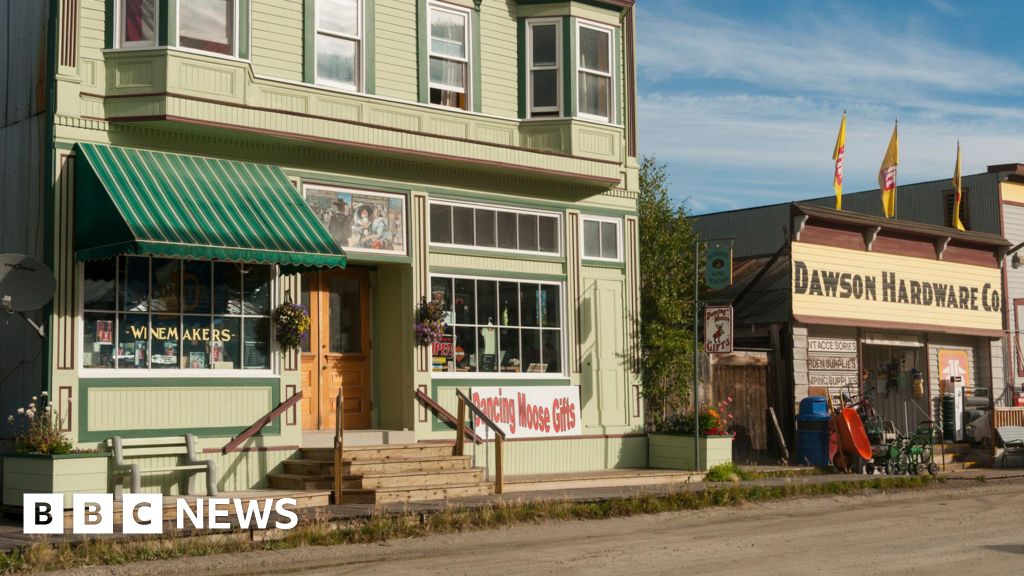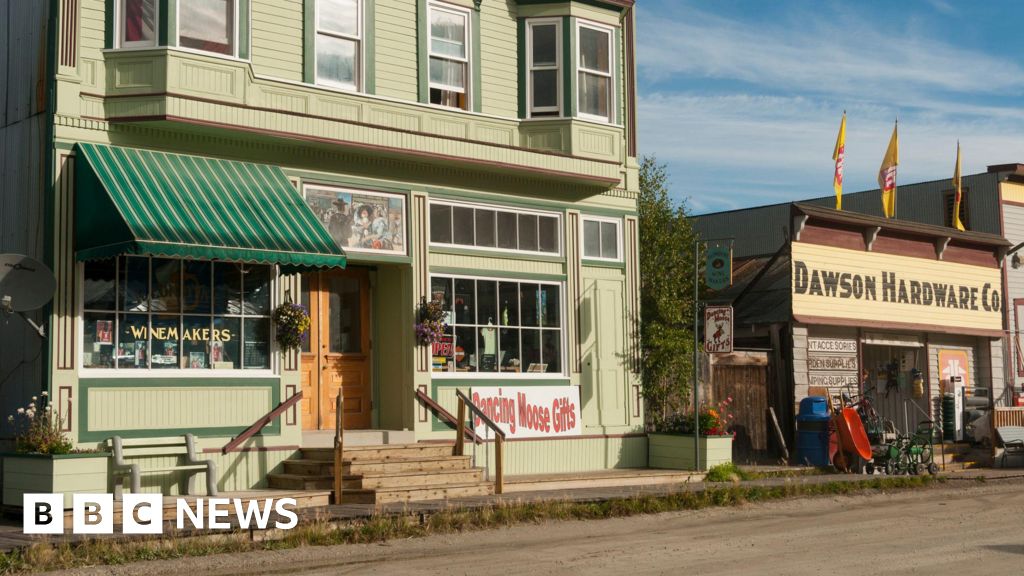
A Canadian territory has changed its rules for elected municipal officials, allowing them to take an oath pledging allegiance to the country’s constitution instead of the British Crown when they are sworn in.
The change comes after the newly-elected council of Dawson City, Yukon, refused to take the King’s oath in solidarity with an indigenous council member who raised concerns about the Crown’s history in Canada.
The protest delayed their confirmation and placed the town’s governance at a standstill.
On Friday, the territory announced that they have adjusted the law to give the option of taking one of the two oaths.
Richard Mostyn, Yukon’s minister of community services, said the change “allows elected municipal officials to take the Oath of Allegiance in a way that aligns with society’s broader values and cultural identities”.
In Canada – a Commonwealth country and former British colony – most elected officials have to take an oath in which they swear or affirm they “will be faithful and bear true allegiance to His Majesty King Charles III” and his “heirs and successors according to law”.
Questions had swirled about whether Dawson City’s new council, which was elected in late October, would be able to sit if they refused to take the oath.
Under Yukon law, a newly- elected official must take it within 40 days of their election or else their win “shall be considered null”.
This gave officials a 9 December deadline to come up with a solution.
Councillor Darwyn Lynn, a member of the Tr’ondëk Hwëch’in First Nation, said he was hesitant to take the oath because of Canada’s fraught history with indigenous peoples.
“I read it probably about 15 times, and it didn’t get any easier to do,” said Lynn at the press conference announcing the change.
“With the history that the Crown has had in Canada and other places, I thought that there may be another option.”
By questioning the requirement, a “wonderful conversation” on Canada’s history was sparked in Dawson City, a town of 2,400 people, as well as in the broader Yukon territory, he said.
That conversation was “very balanced”, he said, with some people supporting an alternative and others hesitant over its removal.
“Everybody has the right to have their opinion and option, and that is the great part of our country,” said Lynn.
He and the other Dawson City councillors will take the oath of their choice in the coming days.
This is not the first time that a Canadian province or territory had amended the requirement of the Oath of Allegiance.
In 2022, the French-speaking province of Quebec passed legislation that ended the requirement to have elected officials take an oath to the monarchy. One lawmaker called it “a relic from the past”.
The oath, however, remains a requirement for members of Canada’s national parliament and for most members of provincial legislative assemblies.



